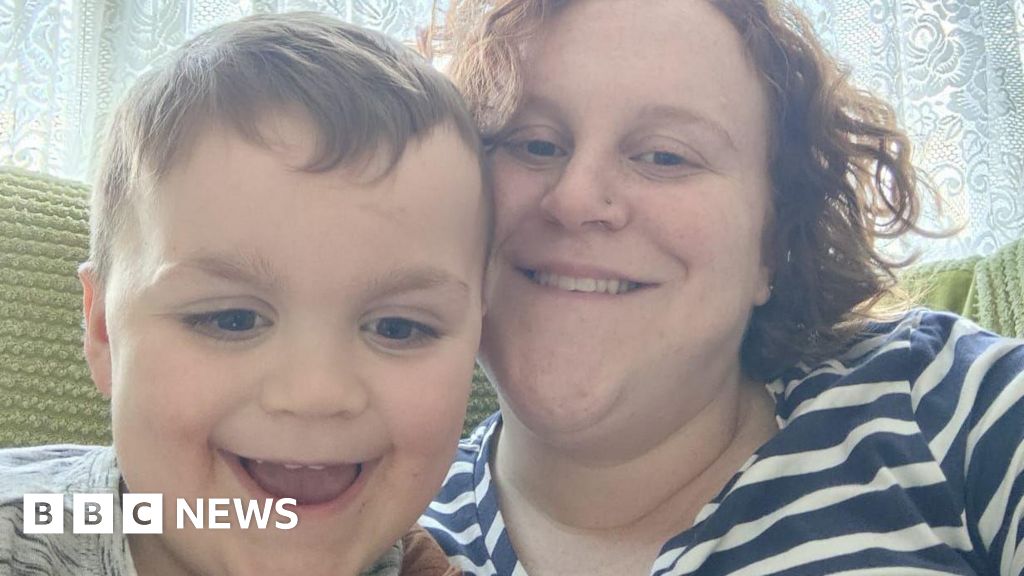A personalized cancer vaccine developed with the help of a Mount Sinai computational platform raised no safety concerns and showed potential benefit in patients with different cancers, including lung and bladder, that have a high risk of recurrence, according to results from an investigator-initiated phase I clinical trial presented during the virtual American Association for Cancer Research (AACR) Annual Meeting 2021.
“While immunotherapy has revolutionized the treatment of cancer, the vast majority of patients do not experience a significant clinical response with such treatments,” said study author Thomas Marron, MD, PhD, Assistant Director for Early Phase and Immunotherapy Trials at The Tisch Cancer Institute and Assistant Professor of Medicine (Hematology and Medical Oncology) at the Icahn School of Medicine at Mount Sinai. “Cancer vaccines, which typically combine tumor-specific targets that the immune system can learn to recognize and attack to prevent recurrence of cancer. The vaccine also contains an adjuvant that primes the immune system to maximize the efficacy.”
To generate the personalized cancer vaccine, Dr. Marron and colleagues sequenced each patient’s tumor and germline DNA and tumor RNA. They also identified the patient’s tumor-specific target to help predict whether the patient’s immune system would recognize the vaccine’s targets.
The Mount Sinai computational pipeline, called OpenVax, allows the researchers to identify and prioritize immunogenic targets to synthesize and incorporate into the vaccine.
Following any standard cancer treatment such as surgery for solid tumors or bone marrow transplant for multiple myeloma, patients received 10 doses of the personalized vaccine over a six-month period. The vaccine was given with the immunostimulant, or adjuvant, poly-ICLC, which is “a synthetic, stabilized, double-stranded RNA capable of activating multiple innate immune receptors, making it the optimal adjuvant for inducing immune responses against tumor neoantigens,” said study author Nina Bhardwaj, MD, PhD, Director of the Immunotherapy Program and the Ward-Coleman Chair in Cancer Research at The Tisch Cancer Institute at Mount Sinai.
“Most experimental personalized cancer vaccines are administered in the metastatic setting, but prior research indicates that immunotherapies tend to be more effective in patients who have less cancer spread,” said Dr. Bhardwaj. “We have therefore developed a neoantigen vaccine that is administered after standard-of-care adjuvant therapy, such as surgery in solid tumors and bone marrow transplant in multiple myeloma, when patients have minimal — typically microscopic — residual disease. Our results demonstrate that the OpenVax pipeline is a viable approach to generate a safe, personalized cancer vaccine, which could potentially be used to treat a range of tumor types.”
Before the vaccine, the trial participants statistically had a high chance of disease recurrence. Thirteen patients received the Mount Sinai team’s vaccine: 10 had solid tumor diagnoses and 3 had multiple myeloma.
After a mean follow-up of 880 days, four patients still had no evidence of cancer, four were receiving subsequent lines of therapy, four had died, and one chose not to continue the trial. The vaccine was well tolerated, with roughly one-third of patients developing minor injection-site reactions.
A phase 1 trial’s primary goal is to determine the safety of an experimental treatment, which was achieved in this trial. Researchers also saw early potential benefits of the vaccine after blood tests of one of the patients showed an immune response from the vaccine, and two other patients had robust response to immunotherapy afterward, results that are normal after being exposed to a cancer vaccine.



